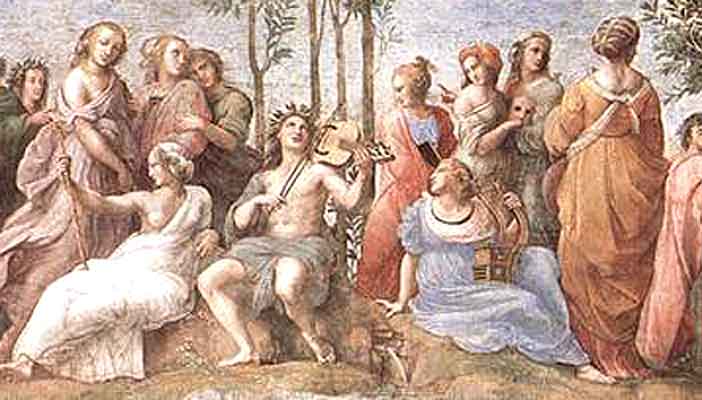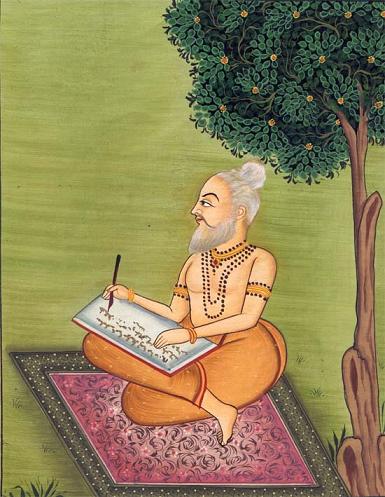The case system of Georgian is a giant mess.
Basically speaking, Georgian is an ergative language, meaning that it uses the ergative case for 'agents' (subjects of transitive verbs), and the absolutive case for 'intransitive subjects' and 'direct objects'. However, things are not quite this simple. Georgian makes a distinction between unergative and unaccusative subjects.
[Aside of explaination]
Intransitive verbs can be divided into two main classes. Fillmore (1968) posited two general formulas for these:
V + A (intransitive, active subject)
V + O (intransitive, inactive subject)
The first type came to be called unergative verbs (more 'agentive'), while the second were called unaccusatives. Perlmutter and Postal (1984: 98-99) wrote up a list of examples of both types:
Unergative Verbs:
Willed or Volitional Acts- speak, laugh, cry, walk
Manner of Speaking- whisper, mumble, bellow
Animal Sounds- bark, neigh, roar
Involuntary Bodily Processes- cough, sneeze, belch,
Unaccusative Verbs:
Affected Argument- burn, fall, dry
Inchoatives- melt, die, grow
Existing and Happening- exist, happen, arise
Involuntary Emission of Stimuli- shine, clink, stink
[End aside of explaination]
Now, unergative verbs require an ergative subject in Georgian, while unaccusative verbs do not. Moreover, the ergative case also shows up only in past tense constructions (unless it's an unergative verb, in which case it takes the ergative case in the present, past). In the present tense, the subject will appear in the nominative. Languages of this sort have, I believe, been called 'active' as opposed to 'ergative'. Another strange thing: in the perfect tense, the subject is in the dative, of all cases. How this situation arose I have no idea.








